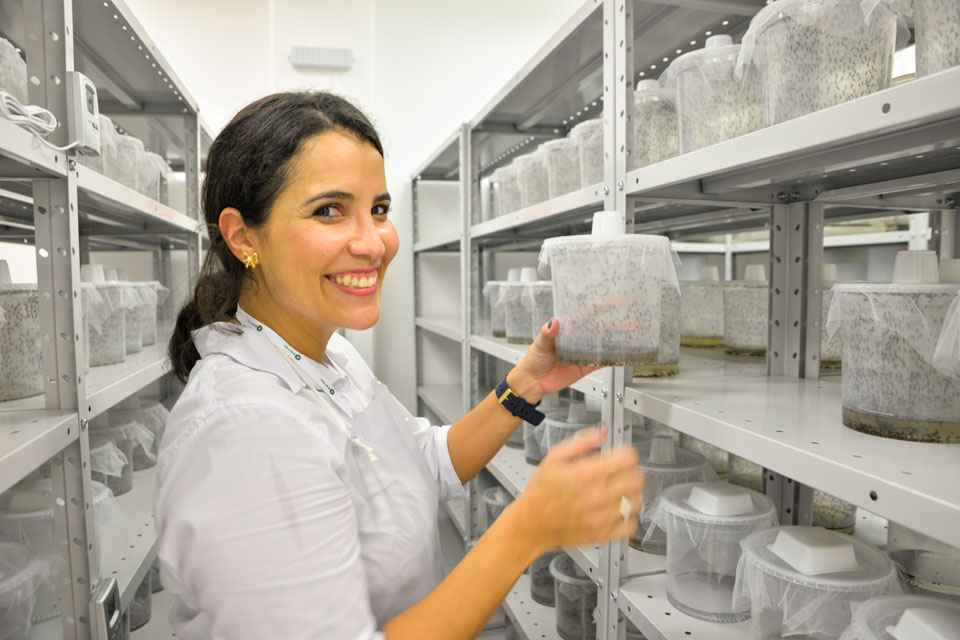Sterile Mosquitos Used to Limit Viral Disease
GMO Mosquitos Set for Release in California
A previous article detailed the principles in which several species of mosquitos were genetically modified as a means to control these pests.(1) Another technology by Oxitec prevents Aedes aegypti from reaching adulthood by disrupting the production of essential proteins needed for development.(2) The self-limiting gene passes to offspring, thus reducing wild populations. This article serves to provide additional information as to where and when these mosquitos have been permitted for release.

Aedes aegypti poses a significant threat as they vector diseases including Zika, chikungunya, and dengue fever. There are growing concerns of increased morbidity of these diseases now that this species is established on every continent, excluding Antarctica. The map shown above represents the Centers for Disease Control’s (CDC) best estimate for the potential range of A. aegypti in the United States.(3)
The U.K.-based Oxitec’s technology was approved by the U.S. Environmental Protection Agency (EPA) for deployment in California and Florida. The EPA granted an experimental-use permit for four Californian counties including Fresno, Tulare, Stanislaus, and San Bernardino as well as Monroe County, Florida.(4) A total of 2.4 billion genetically modified mosquitoes are planned for release.(5)

The release of genetically modified A. aegypti will be the Oxitec’s largest release to date. At the time of this report, Oxitec has released more than one billion modified mosquitos globally. This release is scheduled to begin in California this summer. Oxitec’s GMO mosquitos have shown to be more effective than many other control methods. There are high hopes this technology will help mitigate the potential health and environmental impact caused by this invasive pest.
Written by
Trey Jensen, Technical Services Microbiologist
HARDY DIAGNOSTICS
References:
(1) MicroBYTES, a Microbiology newsletter, Hardy Diagnostics, December 2021.
(2) Oxitec, How it Works
(3) Potential Range of Aedes aegypti and Aedes albopictus in the United States, 2017.
(4) GMO mosquitoes set for release in California to quell disease.
(5) (4) Why a U.S. Company Plans to Release 2.4 Billion Genetically Modified Mosquitoes
Meet the author

TECHNICAL SERVICES MICROBIOLOGIST I at HARDY DIAGNOSTICS
Trey Jensen, B.S. Food Science & Technology
Trey is a Cal Poly Pomona graduate with a background in food safety and manufacturing. Trey is certified in Hazard Analysis Critical Control Point (HACCP). In his current role at Hardy Diagnostics, Trey provides technical product support and participates in AOAC International OMA program efforts for the development of food testing methods. In his free time, Trey enjoys family life with his wife, son, and daughter. In addition, Trey is a 3D design and printing enthusiast, avid gamer, and metal music enjoyer.







